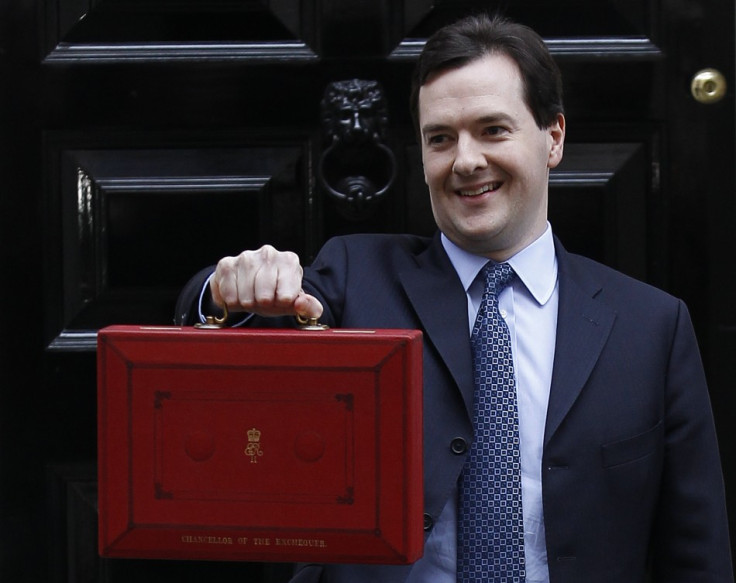A Little Cheer For the Young in Last Week's Budget

For some time past, articles in the national press and media programmes dealing with current affairs, have indicated that the current younger generation is unlikely to match the living standards of their parents. The Chancellor, George Osborne's latest Budget did almost nothing to change that situation though ultimately we all depend, to a greater or lesser extent, on the drive and wealth creation of those up-and-coming.
Mr Osborne did find a little money centred around a scheme of Sir Richard Branson outlined in The Telegraph on 13 March 2012. Specifically, Mr Branson suggested the possibility of job sharing among the young unemployed. Two people would each work part-time covering the one full-time role, the Government giving the firm a cash grant to cover the extra cost involved in hiring two people - about 20 per cent - which, partly at least, could be sourced from the Jobseekers Allowance budget.
Mr Branson told The Telegraph that he hoped that the Government would look at the possibility of "entrepreneurship loans" for young people who do not want to go to university at the moment but may wish to start up their own business. Such loans could be administered in a similar way to Student Loans presently. He also suggested that the Chancellor do away with the 50p rate of income tax, telling The Telegraph:
"My guess is that the 50p costs more money than it is making. So it is there for political reasons, which is not a good reason to have a tax."
Well, Mr Branson must have struck a chord with the Chancellor for the 50p rate will be reduced to 45p and despite all the political posturing since its announcement in the Budget, Mr Branson's hunch is probably pretty accurate.
As to the "entrepreneurship loans", Mr Osborne found £10 million for a pilot scheme to help up to 7,000 young people aged between 18 and 24 set up their own enterprise. Starting this summer and run by the Department for Business (BIS), the loans will be worth between £5,000 and £10,000, business plans requiring to be submitted and vetted by a third party organisation - presumably not a bank or they would already be doing it! Once the third party has thoroughly assessed the proposal(s), they will make the award to successful candidates.
The BIS is currently seeking applications from suitable third-party organisations willing to run the scheme and hopes to be able to make a full evaluation of the project by next year's Budget.
Before any money is handed over, a mentor will help the young candidate with forming a business plan and giving any training support that may be required. If this pilot scheme is successful, then it will be established on a national basis.
There is every possibility that start-ups will be successful, at least sufficient to ensure the project's continuation. I vaguely remember something similar run by many colleges during the 80s where the "young entrepreneur" was able to rent a room or workshop on the premises at very reasonable rates for the first year to 18 months.
Mr Osborne added that (pending) reforms in the country's education system would make sure "young people left education better prepared for the world of work", essential to making them more employable.
Quite so. But I'm sure I've heard successive governments make that claim before. For my own old age, I'm hoping this time Mr Osborne is right.
© Copyright IBTimes 2025. All rights reserved.






















